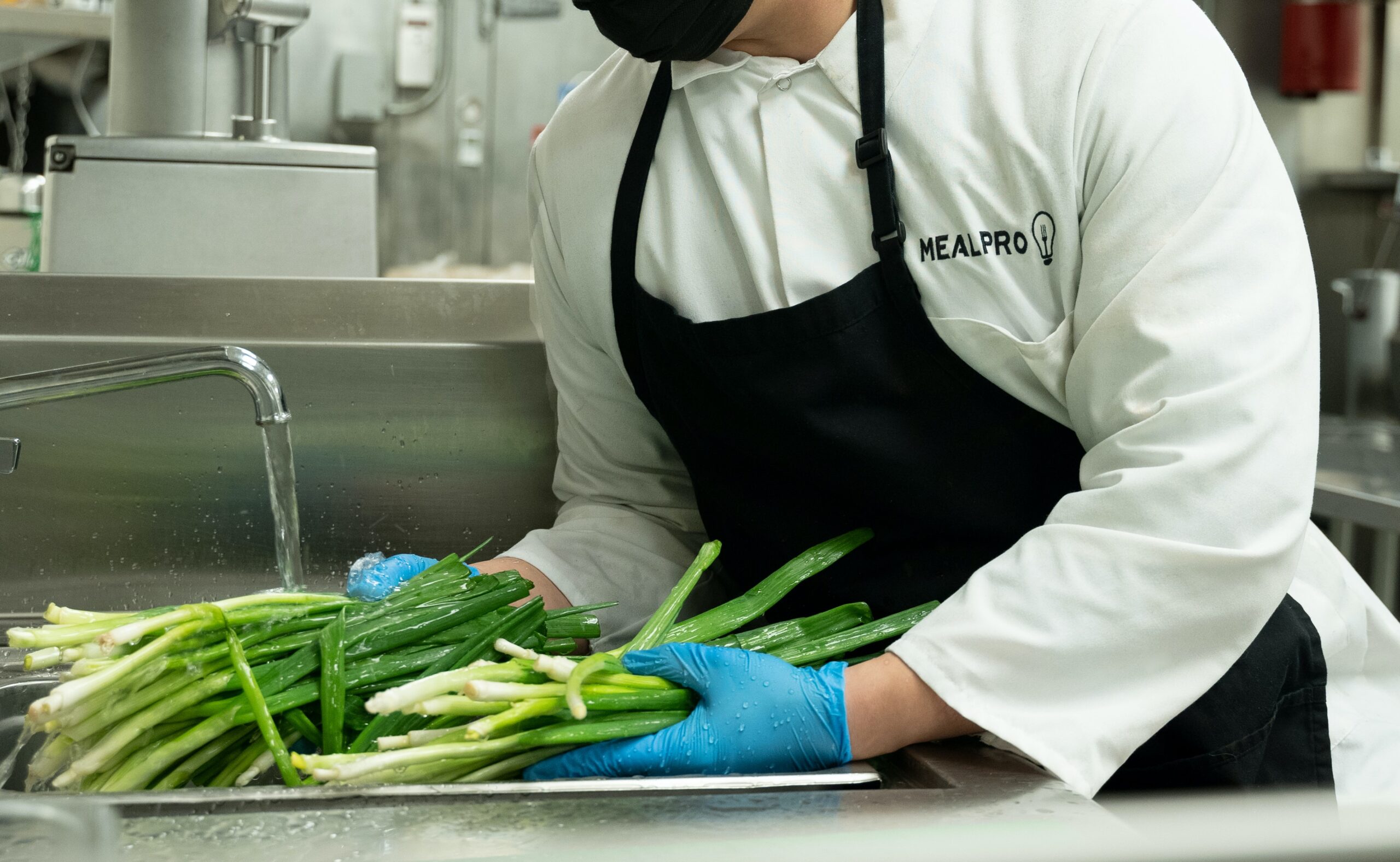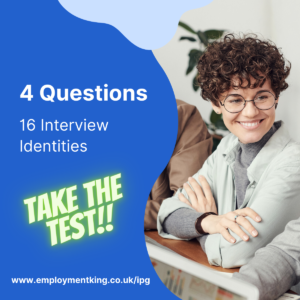A school counsellor will earn around £30,000 – £40,000 once qualified and experienced.
Most schools now employ a school counselor due to the link between behavior and academic results. School counselors will work with a range of different pupils to help each of them identify problems they are having at home and in school and to help them deal with these issues.
In the job interviewer, employers will ask interview questions based on counseling experienced and counseling skills. The skills, employers want to uncover during the job interview, include empathy, listening, communication and observational skills.
Interview answers, therefore, need to reference these unique skill set.
Requested counseling experience includes (due to this being the main day-to-day duties); helping pupils whose parents are divorcing, overcome bereavement, anxiety and behavioural issues. Experiences of collaboration with social services is also required.
Below is a list of commonly asked school counselor job interview questions and a description of how to answer each question. Use the advice to embed your own experience and skill set into the interview answer.
School Counsellor Job Interview Questions
Job Interview Question 1: Tell me about your counselling experience?
- Discuss the various counselling roles you have been in, focusing on any roles working with teenagers.
- Explain how you establish relationships and trust with pupils to help them open up.
- Give specifics; explain what barriers you have helped young people overcome.
- If you have worked in schools, discuss how you collaborate with the school pastoral team.
- Share examples of working with pupils 1-2-1 and in group therapy.
Job Interview Question 2: What are the relationship of a school counsellor in relation to teachers, parents and the headteacher?
- Explain how the rules and process of counseling at set out at the beginning of a relationship with a school, explaining what can and can’t be disclosed with a teacher or parent.
- Discuss ethics, contrasts of interest and data protection.
- Share the examples you use when explaining the role of a counselor to the school’s senior leadership team.
Job Interview Question 3: What do you see as the main role of a school counsellor?
- Explain your understanding of being impartial and non-judgemental.
- Discuss how you create a ‘safe’ space for the pupils to discuss their lives.
- Go on to explain how you don’t give advice, but instead help pupils reflect on their choices.
Job Interview Question 4:What counselling theories or approach that you use?
- Discuss the 6 key counseling theories.
- Give examples of using the stated theories in previous roles. Talk about challenging pupils and how you planned specific sessions to help them.
- Explain any key specialism you possess; CBT therapy, as an example.
Job Interview Question 5: How would you divide your time between meeting the immediate needs of the students and keeping on top of the paperwork?
- Talk about managing pupil sessions using diary management techniques.
- Discuss how you prioritise tasks and unplanned pupil interventions.
- Give evidence of systems and model you use, such as the time management matrix model to manage time efficiently.
Job Interview Question 6: How would you handle a parent who is opposed to counselling for their children?
- Explain how you initially listen to the parent’s concerns and ask questions to gain specific details.
- Discuss how you undercover the parent’s understanding of counseling and what counseling entails.
- Explain how you ask the parents what they want – the outcome, for their child, and if appropriate, how counseling can help. Using a real-life example works best here
Job Interview Question 7: What do you think is the most important skill of a counsellor?
- List a number of counseling skills; being impartial, working within a multifaceted team, rapport building, being professional, setting a contract.
- Pick 3 that are relevant to the school advertising the role and explain how these 3 skills are vital when supporting a pupil. And give a reason why these 3 skills are required.

Job Interview Question 8: Are you happy to work late or early, depending on the demands of the school?
- For a school counselor, the working hours are pretty standard, but due to unexpected circumstances, a counselor may ask to work late or to be flexible.
- Make it clear that when required you would be flexible to support a student.
Job Interview Question 9: How would you deal with cultural differences in a school setting?
- Talk about understanding different cultural needs and how sessions are adapted to suit individual pupils.
- Explain the importance of confidentiality and also an awareness of its limitations.
Job IntJob Interview Question 10: In your opinion does counselling prevent violence in schools?
- Discuss how counselors can work with teachers to support pupils IE a weekly check-in.
- Explain how little inventions such as a weekly check-in can help pupils manage their emotions.
- Quote research on school safety.
Job IntJob Interview Question 11: Do you have any experiences working with special education students?
- Reference any specialised training or qualifications related to working with pupils with any disabilities.
- Give examples of working with special educational needs pupils. Discuss how you used, as an example, person-centered planning techniques, to support the pupil.
- Talk about any additional thought that is needed when working with SEND pupils.
Interview Question 12: Do you have any questions for me?
- How many pupils attend the school?
- What percentage of pupils need additional support?
- How large is the pastoral team?
- What are the main personal barriers pupils face in this school?
- Have you had a counselor previously, what was the outcome?








